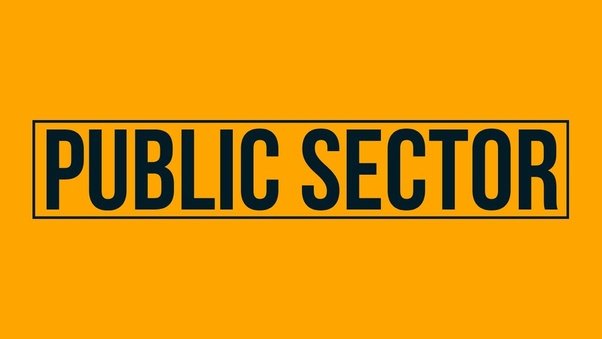Back to: COMMERCE SS2
Welcome to Class !!
We are eager to have you join us !!
In today’s Commerce class, We will be learning about Public Enterprises. We hope you enjoy the class!

CONTENT
- Features of Public Enterprises
- Reasons for government ownership of Public Enterprises
- Advantages and Disadvantages of Public Enterprises
- Sources of Capital/Finance for Public Enterprises.
PUBLIC ENTERPRISES
Public Enterprises are business organizations established, owned, managed and controlled by the government. They are also referred to as Public Corporations or Statutory Corporations. Examples of Public Enterprises in Nigeria are PHCN, NNPC, NRC, NPA etc.
METHODS OF FORMATION OF PUBLIC ENTERPRISES
- Creation by Act of Legislature or a Decree
- Nationalization of private industries
Nationalization is the bringing of ownership and management of private industries under the control of the government. Nationalized industries are therefore industries taken over from private owners by the government.
FEATURES OF PUBLIC ENTERPRISES
- They are owned and financed by the government
- They render essential social services
- Profit-making is not the main motive of their establishment.
- They are usually monopolies
- They are established by Acts of Parliament or Decrees
- They are managed by appointed Board of Directors
- Their employees are public servants
- Huge amount of capital is involved in their establishment.
- They are separate legal entities
- Their services are restricted
- They enjoy perpetual existence
REASONS WHY GOVERNMENT OWN PUBLIC ENTERPRISES
- The large capital requirement which is needed in some business cannot be provided by private interests
- For price control and consumer protection purposes i.e. to prevent exploitation of consumers
- To control or curtail private monopoly powers
- For strategic and security reasons
- To generate revenue for the government
- To prevent foreign dominance of the economy
- To provide essential services to the citizens at affordable prices.
- To avoid wasteful duplication of facilities and services inherent in market competition.
- To provide employment opportunities to the people
- To ensure even distribution of income.
- To ensure a constant supply of goods and services and checkmate the activities of hoarders of goods
- To control vital economic activities e.g. NNPC, FAAN.
- To promote rapid and even economic development of the whole country e.g. Rural industrialization
- To encourage research and development activities.
- To provide a model of efficient management in some social and economic activities e.g. State farms, universities, schools, hospitals etc.
EVALUATION
- List and explain six reasons for government ownership of enterprises.
- State and explain five features which are common to public corporations and public limited companies
THEORY
- List the sources of finance available to a Public corporation.
- State four advantages and two disadvantages of public corporations
READING ASSIGNMENT
- Essential Commerce for SSS by O. A. Longe Page 173 – 177
- Comprehensive commerce for SSS by J. U. Anyaele Page 311 – 316
We have come to the end of this class. We do hope you enjoyed the class?
Should you have any further question, feel free to ask in the comment section below and trust us to respond as soon as possible.
In our next class, we will continue learning about Public Enterprises. We are very much eager to meet you there.
